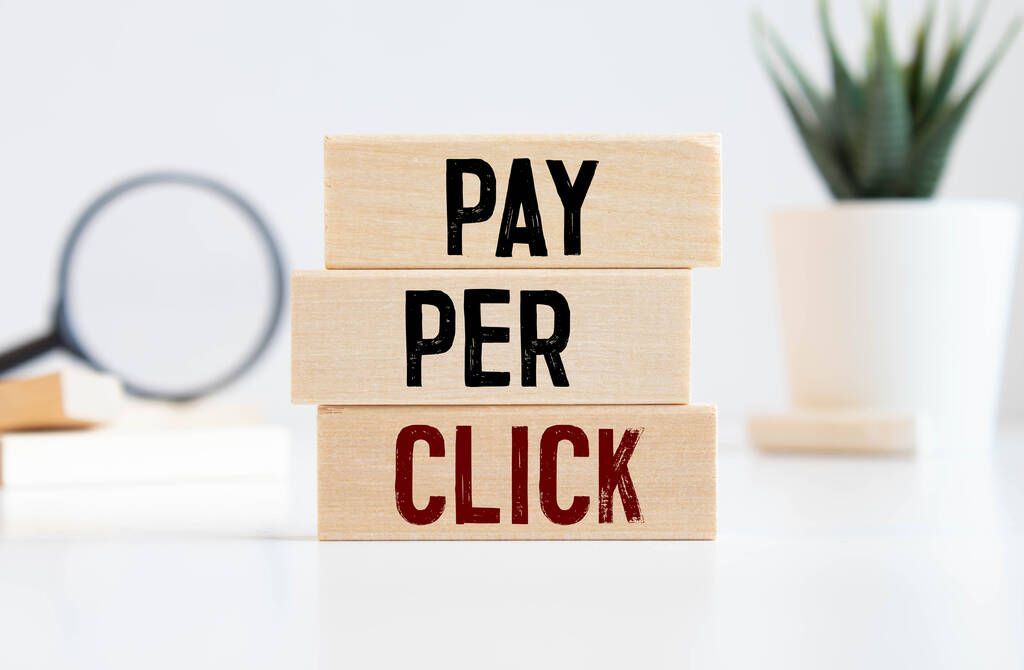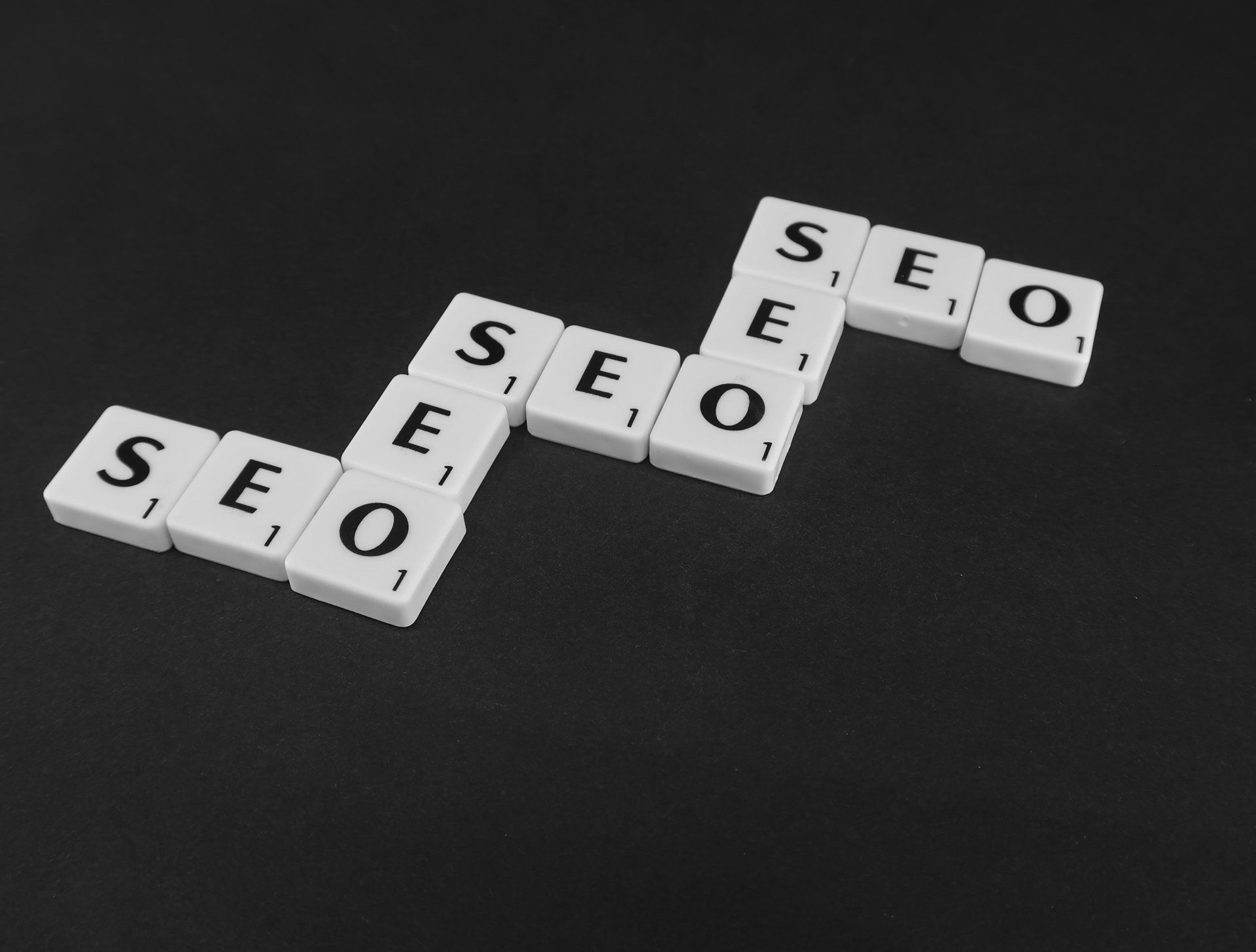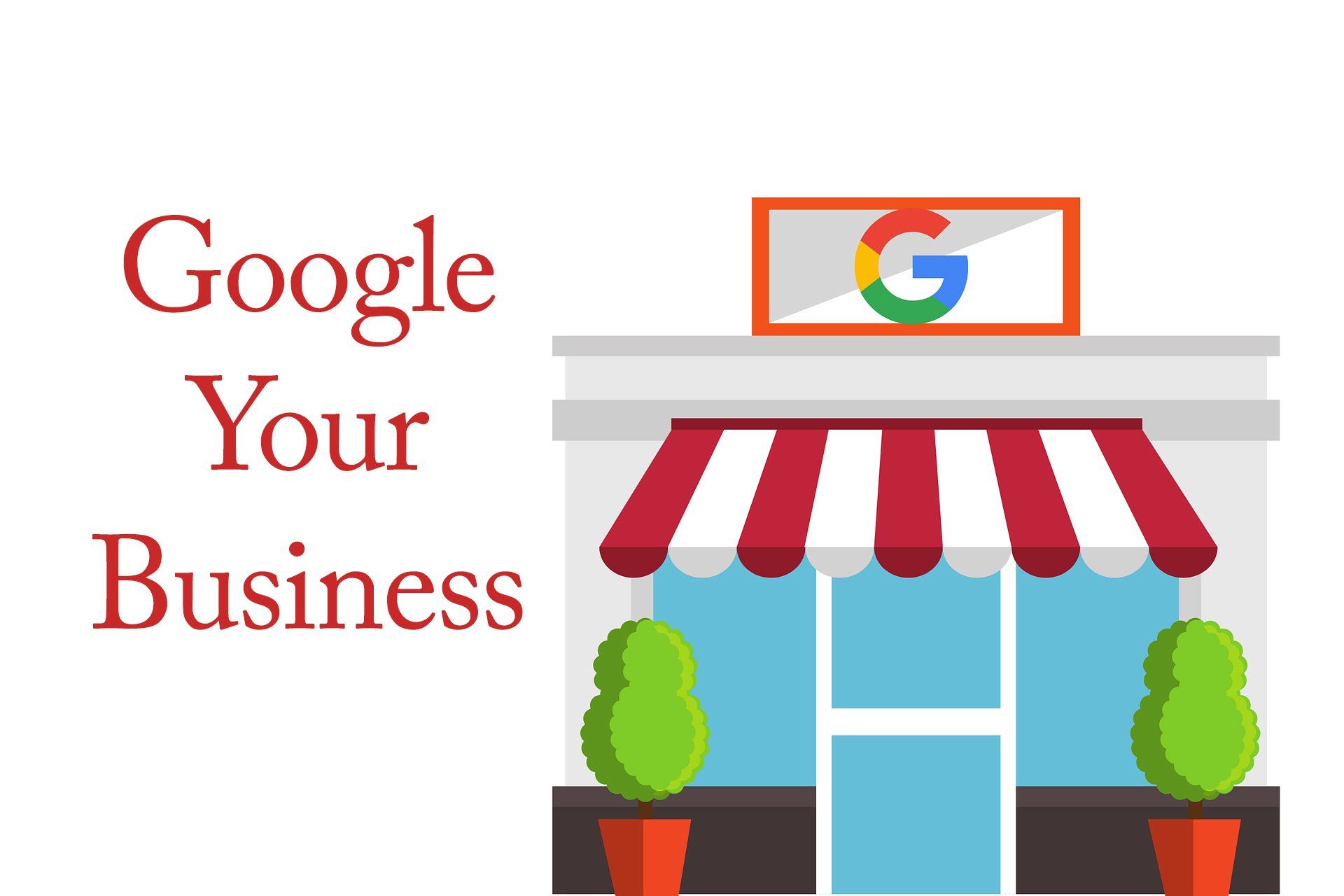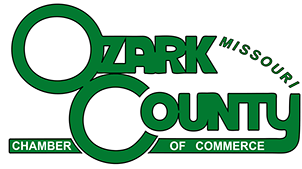Why Should I Get Search Engine Optimization For My Website?
You need Search Engine Optimization For Your Website
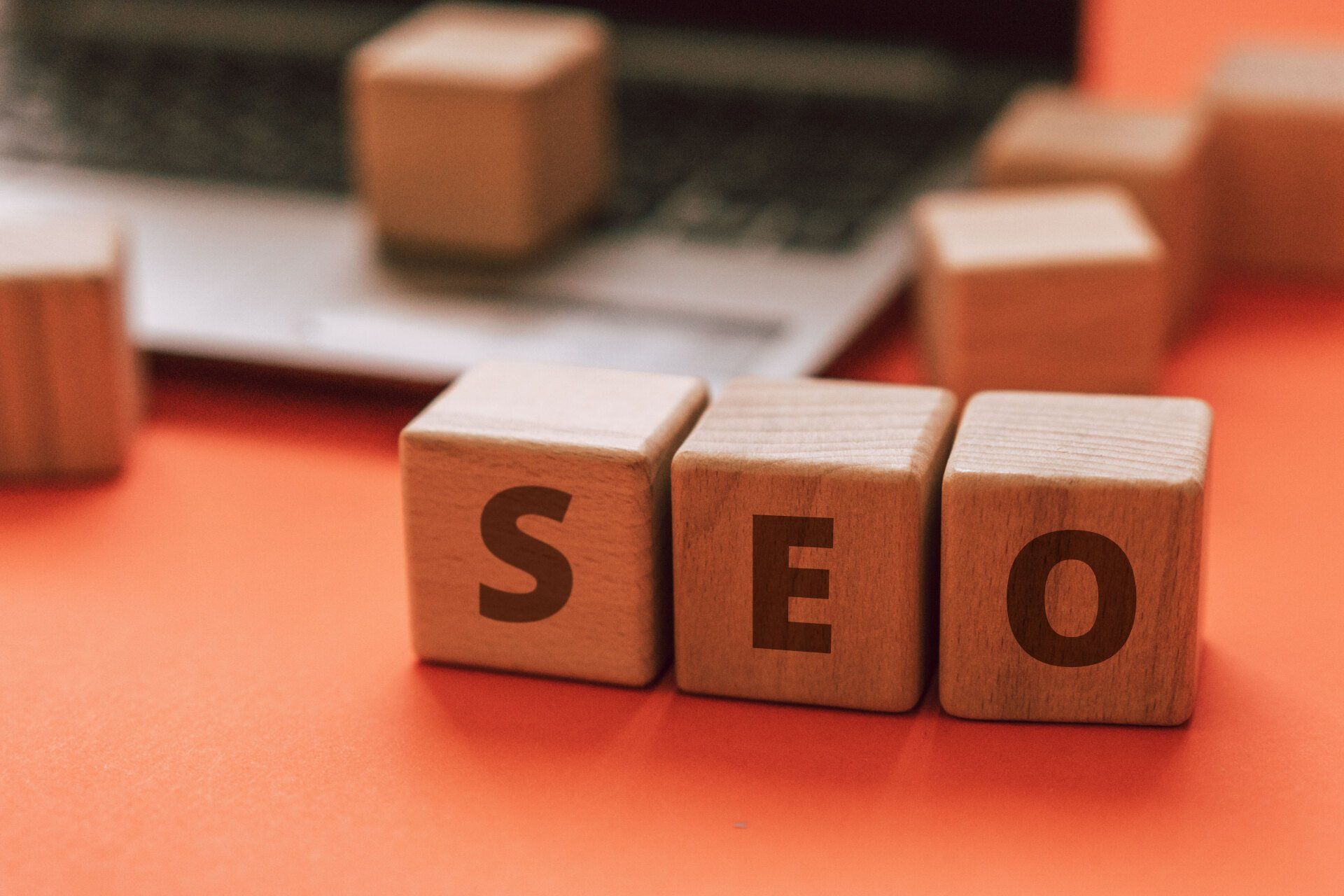
Search engine optimization (SEO) is important for businesses because will help improve your visibility in search engine results pages (SERPs). Here are some reasons why you should consider getting SEO for your website:
Increase organic traffic:
Increased organic traffic from SEO refers to the process of optimizing your website's content, structure, and other on-page elements to improve its visibility in search engine results pages (SERPs). When you optimize your website for search engines, it can rank higher in search results for relevant keywords and phrases, which can result in more clicks and visits to your website.
Organic traffic refers to the visitors who come to your website through unpaid search results. This is in contrast to paid traffic, which comes from paid advertising channels such as Google Ads or social media advertising.
SEO can help increase organic traffic by improving your website's visibility in search results, which can lead to more clicks and visits. This is important because organic traffic is often highly qualified, as these visitors are actively searching for products or services that your business offers.
By increasing organic traffic from SEO, you can improve your website's overall traffic, engagement, and ultimately, conversions. This can help drive more leads and sales for your business, and improve your overall return on investment (ROI) for your marketing efforts.
Build brand awareness: SEO (Search Engine Optimization) can definitely improve brand awareness by increasing your online visibility and driving more traffic to your website. Here are a few ways SEO can help:
- Higher search engine rankings: By optimizing your website for relevant keywords, you can improve your search engine rankings and appear higher in the search results. This can lead to more clicks and visits to your website, which in turn increases brand awareness.
- Better user experience: SEO involves optimizing your website for both search engines and users. By providing a better user experience, you can increase engagement and encourage visitors to stay longer on your website. This can lead to better brand awareness and more word-of-mouth recommendations.
- Increased social media visibility: Social media and SEO are closely linked. By optimizing your content for search engines, you can increase the likelihood that it will be shared on social media platforms. This can lead to more social media visibility, which in turn can increase brand awareness.
- Local SEO: If you have a physical location, local SEO can help improve your visibility in local search results. This can be particularly effective for small businesses looking to build brand awareness within their local community.
Improve user experience: SEO can help improve the user experience on your website by making it easier to navigate, faster to load, and more relevant to users' search queries. This can help reduce bounce rates and increase engagement, which can ultimately result in more conversions. Here are a few ways SEO can help:
- Website speed: Website speed is an important factor in both SEO and user experience. Google considers website speed as a ranking factor, and users tend to abandon websites that take too long to load. By optimizing your website for speed, you can improve both your SEO and user experience.
- Mobile optimization: With more and more people accessing the internet on mobile devices, it's important to optimize your website for mobile users. Google considers mobile-friendliness as a ranking factor, and mobile-friendly websites tend to have better user engagement. By optimizing your website for mobile users, you can improve both your SEO and user experience.
- User-friendly navigation: User-friendly navigation is essential for good user experience. By organizing your website's content and making it easy for users to find what they're looking for, you can improve user engagement and reduce bounce rates. This can help improve your website's SEO by reducing the number of users who leave your website after only visiting one page.
- Quality content: High-quality content is essential for both SEO and user experience. By providing valuable and informative content, you can keep users engaged and encourage them to return to your website. This can help improve your website's SEO by increasing the time users spend on your website and reducing bounce rates.
Stay ahead of the competition: If your competitors are investing in SEO, then you may be losing out on potential traffic and sales. By investing in SEO, you can stay ahead of the competition and ensure that your website is visible to potential customers who are searching for products or services like yours. Here are a few ways SEO can help you stay ahead of your competition:
- Keyword research: By conducting thorough keyword research, you can identify the keywords and phrases that your competitors are targeting and find new opportunities to target relevant keywords. This can help you stay ahead of your competition by targeting keywords that they may not have optimized for.
- Content optimization: By optimizing your website's content for both search engines and users, you can improve your search engine rankings and provide a better user experience. This can help you stay ahead of your competition by providing valuable and informative content that they may not be offering.
- Link building: By building high-quality backlinks to your website, you can improve your search engine rankings and increase your online authority. This can help you stay ahead of your competition by establishing your website as a trusted source of information.
- Local SEO: If you have a physical location, local SEO can help you stay ahead of your competition by improving your visibility in local search results. By optimizing your website for local keywords and building local citations, you can attract more local customers and stay ahead of your competitors.
Cost-effective marketing: SEO can be a cost-effective marketing strategy, as it can help drive organic traffic to your website without the need for paid advertising. This can help you save money on advertising costs and improve your return on investment (ROI). Here are a few reasons why SEO is a cost-effective marketing strategy:
- Organic traffic: SEO focuses on improving your website's visibility in organic search results. This means that the traffic you receive from SEO is free, unlike paid advertising which requires ongoing payments to maintain traffic.
- Long-term benefits: SEO is a long-term strategy that can provide ongoing benefits over time. Unlike paid advertising which stops as soon as you stop paying, SEO can continue to drive traffic to your website long after the initial investment has been made.
- Targeted traffic: SEO focuses on targeting specific keywords and phrases that are relevant to your business. This means that the traffic you receive from SEO is highly targeted and more likely to convert into leads and sales.
- Cost-effective optimization: SEO involves optimizing your website's content and structure for search engines and users. While there may be some initial costs associated with optimizing your website, ongoing optimization can be done at a lower cost and still provide benefits.
- Competition: In highly competitive industries, paid advertising can be expensive and provide limited results. SEO can help you compete with larger businesses by targeting long-tail keywords and providing a better user experience.
SEO is important for businesses because it can help improve their online visibility, drive more traffic to their website, and ultimately result in more leads and sales. While SEO does require an investment of time and resources, it can provide a higher ROI over time and be a cost-effective marketing strategy when compared to other forms of marketing such as paid advertising.
Share this Post
